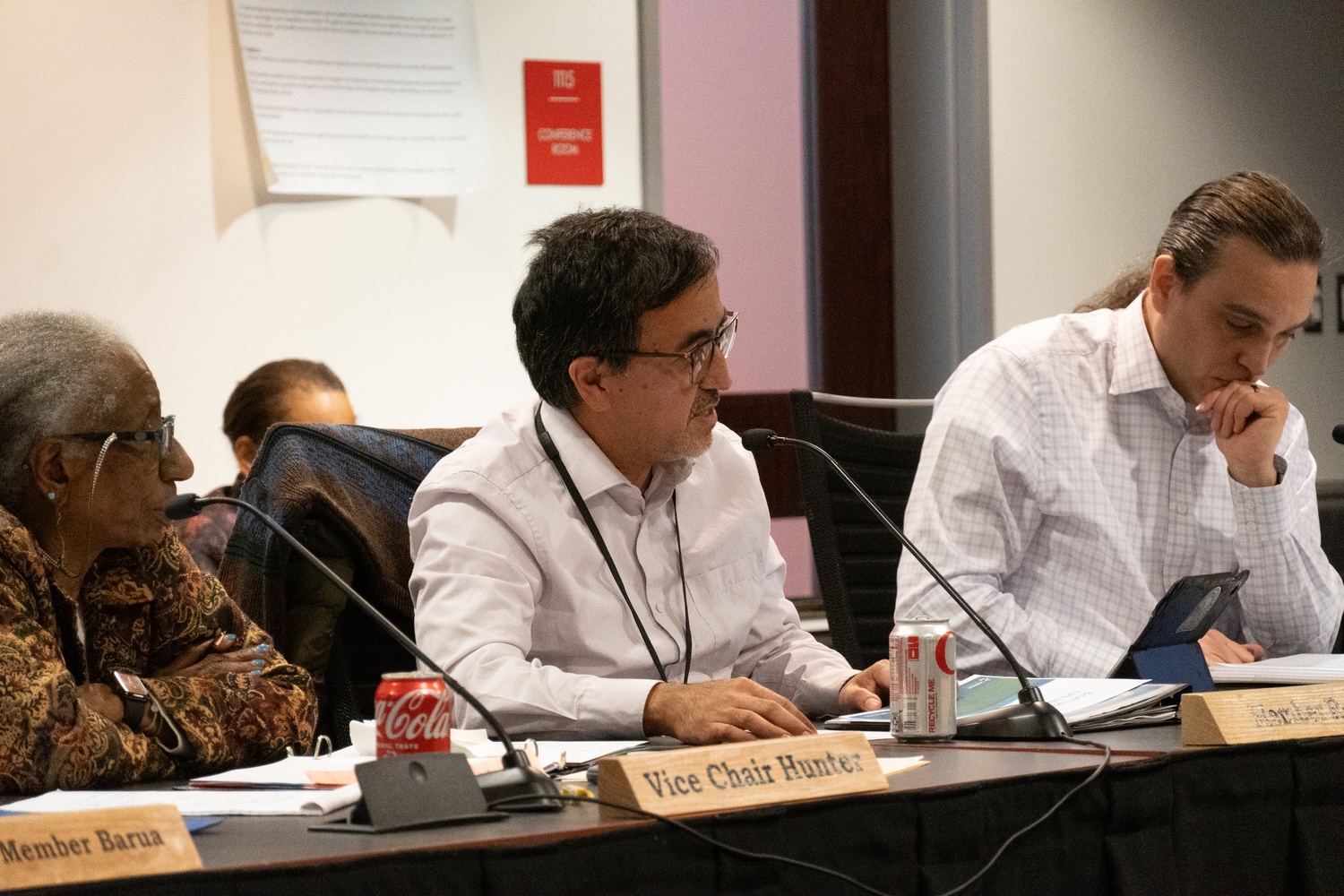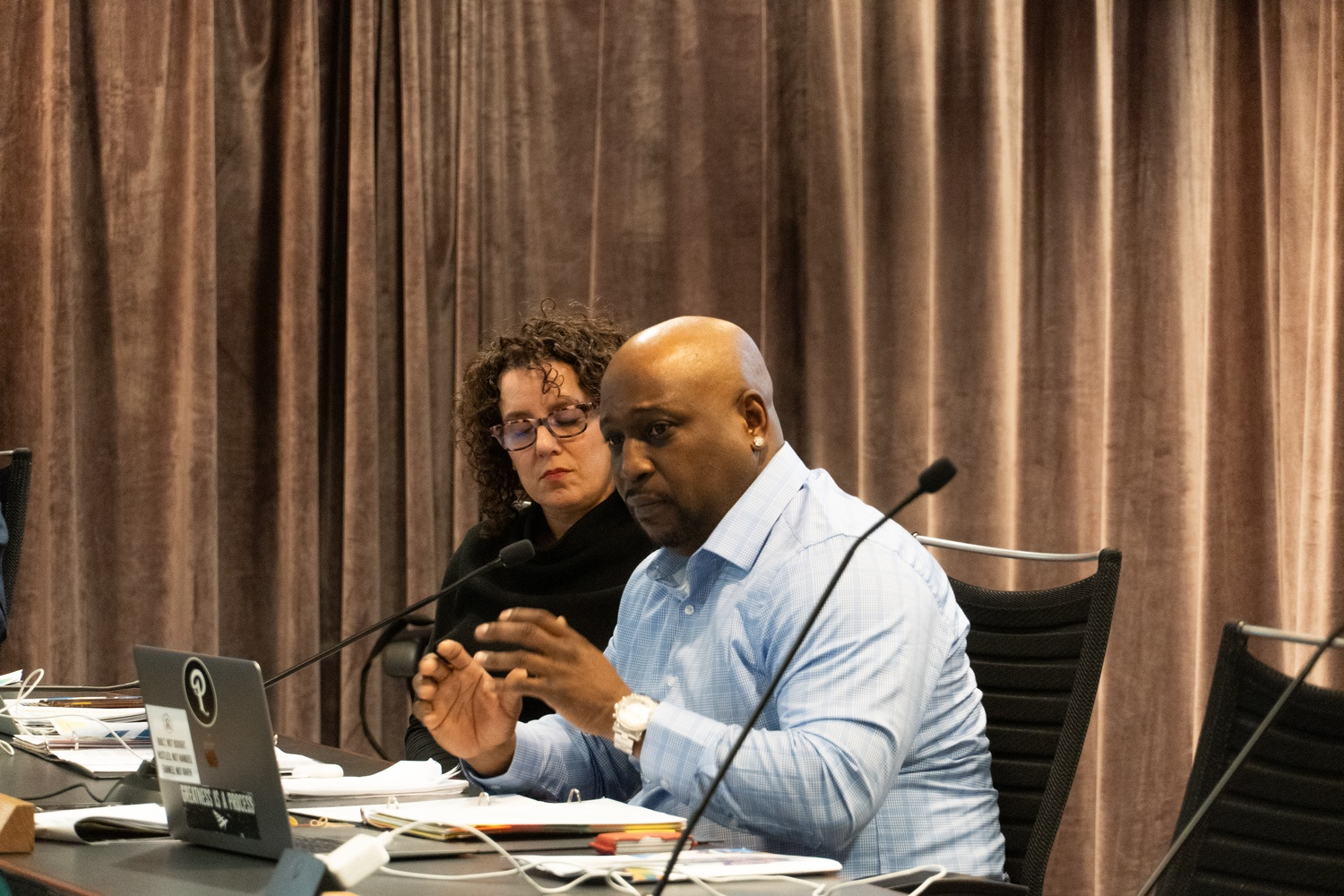Algebra Education
How should CPS prepare students for Algebra 1 in 8th grade?
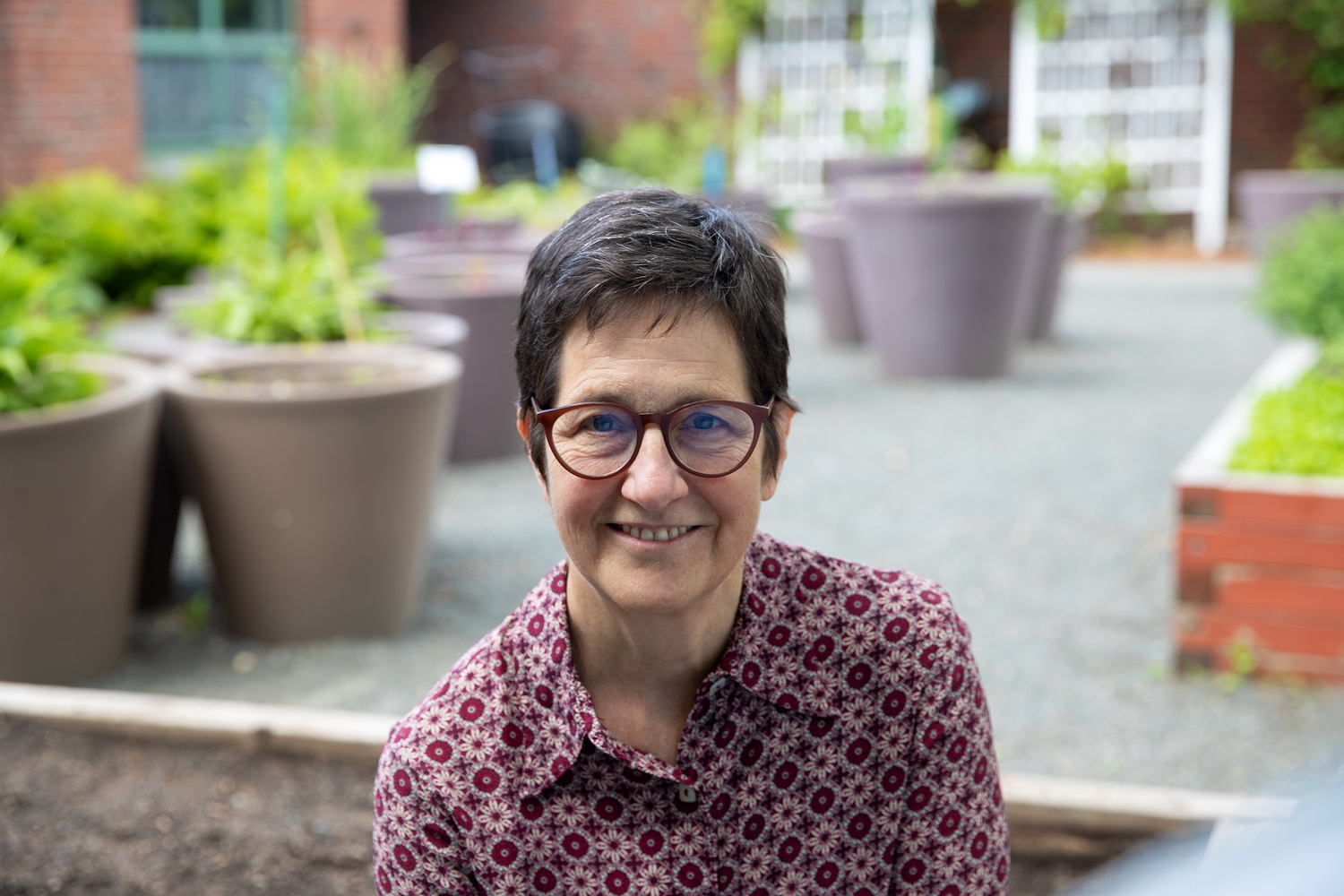
Jane S. Hirschi
Full profile →CPS is best served with districtwide math curricula in elementary grades with a system for supporting students of all abilities in meeting or exceeding math expectations through elementary and middle school. We should work toward the goal of every student having a strong enough math foundation by 8th grade to allow them to pursue advanced math in high school if they choose.
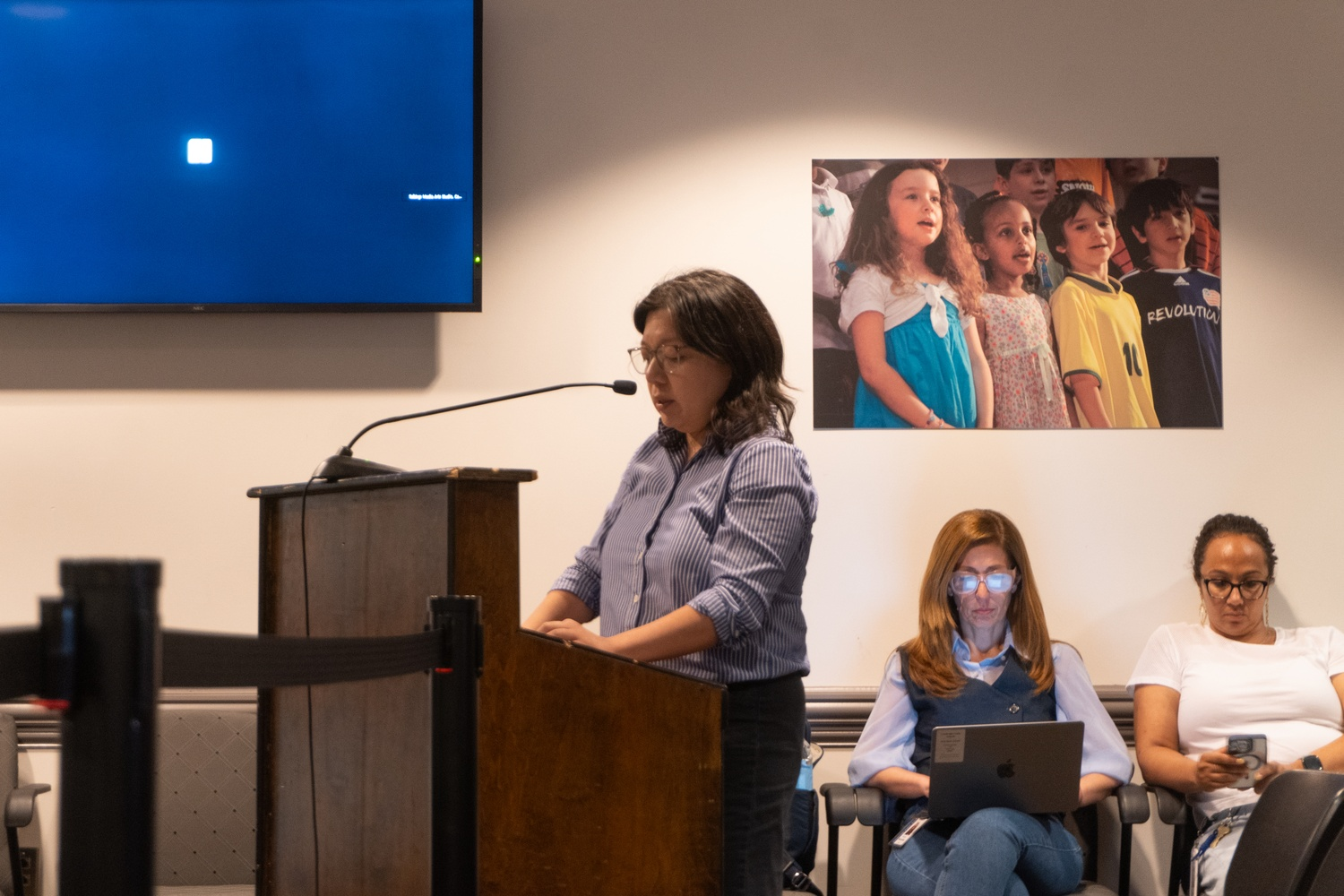
Jia-Jing Lee
Full profile →CPS should prepare students for 8th-grade Algebra 1 by building strong foundational skills, offering targeted support, emphasizing problem-solving, and ensuring teachers are well-equipped to meet every student’s needs.
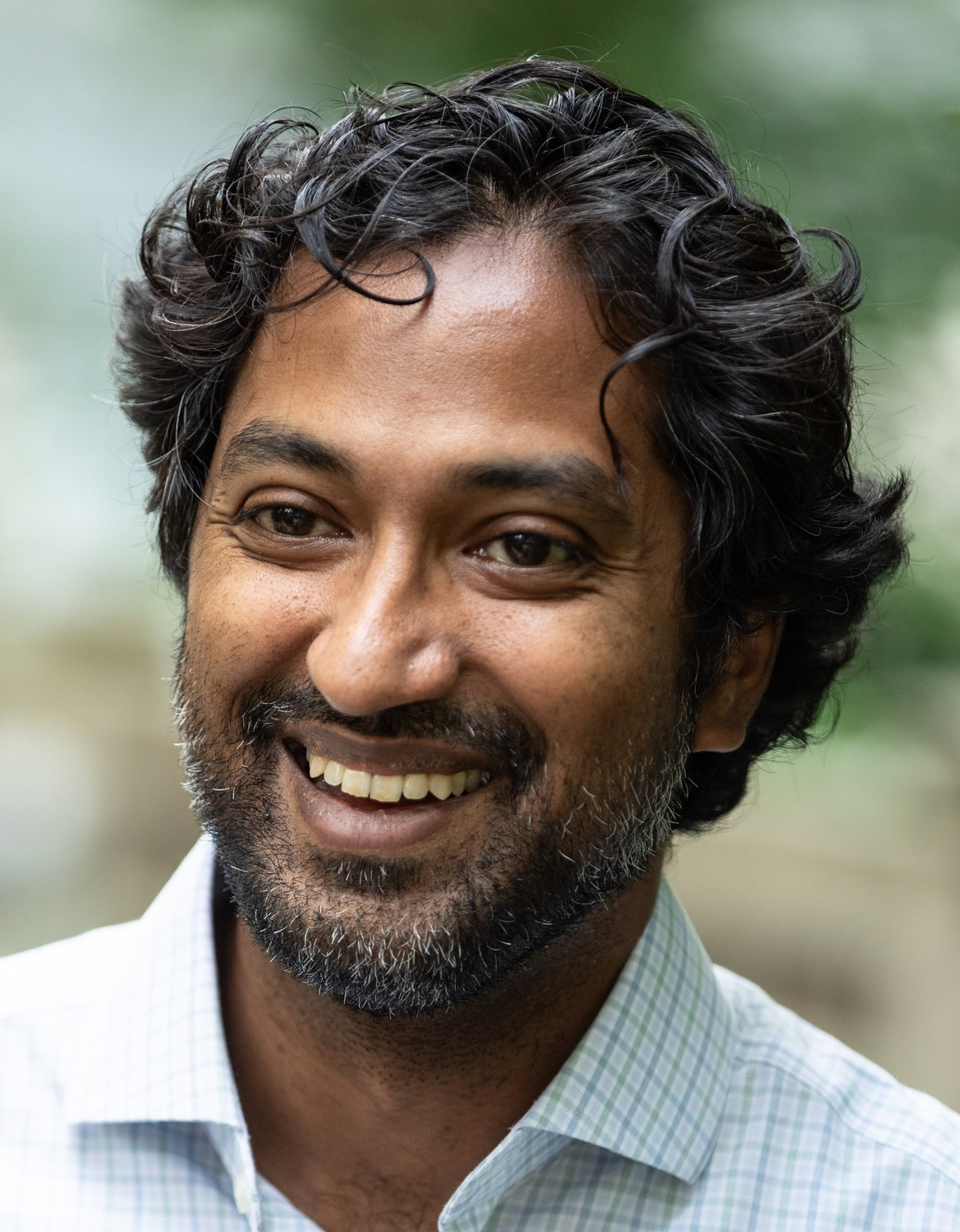
Arjun K. Jaikumar
Full profile →First, the next question is premature. We absolutely should offer 8th grade Algebra 1. As to whether it should be mandatory for all students in 8th grade, we don't have data right now to suggest whether that model best serves all students, most students, or just the most advanced learners; when we do have data, that should inform how we answer this question. We should prepare students by focusing on early-grade interventions to close opportunity gaps as early as possible; begin teaching basic algebraic concepts even earlier, in elementary school; and expand academic supports in 6th and 7th grade.
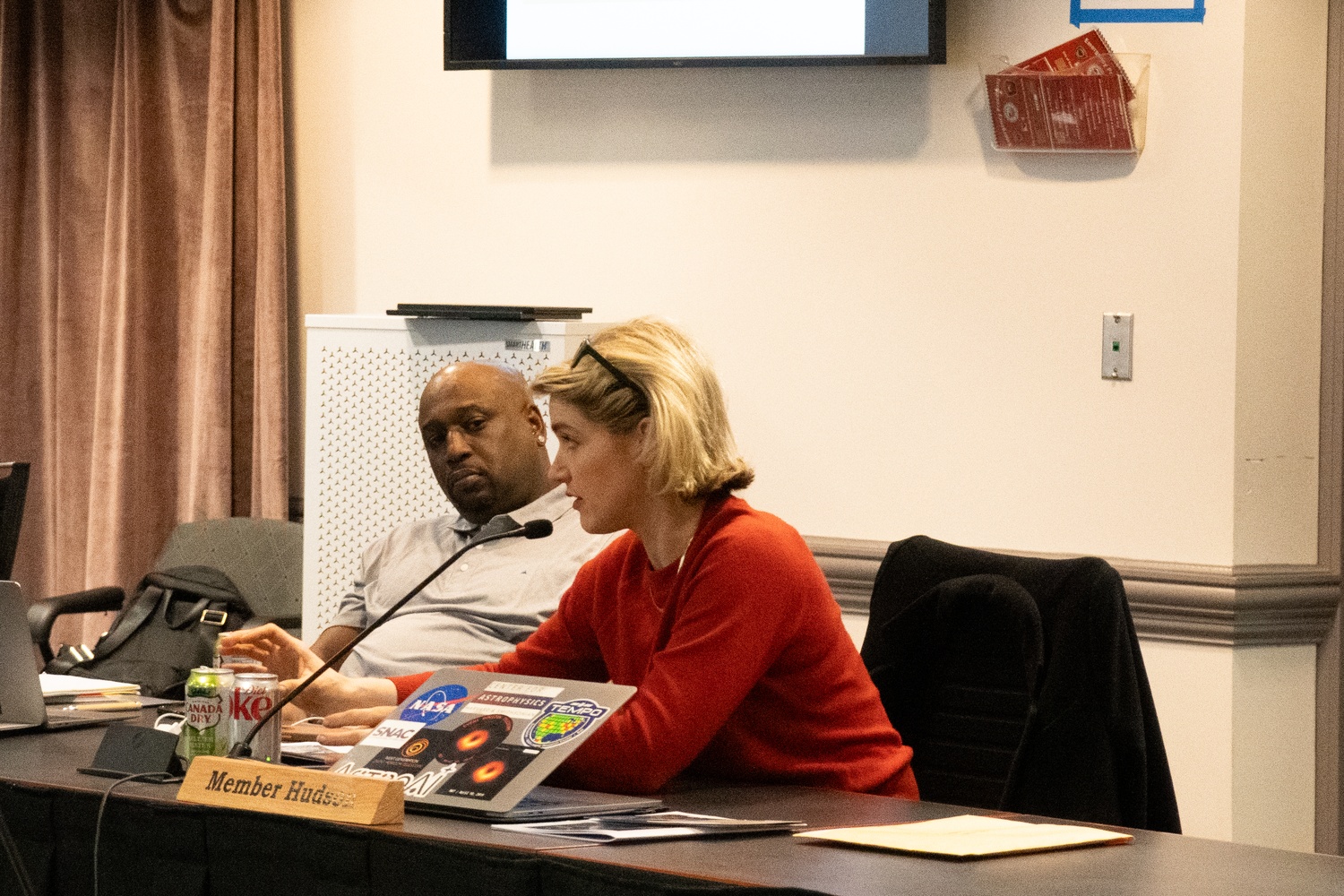
Elizabeth C.P. Hudson
Full profile →First, make sure every child gets a strong elementary math foundation. That means we stop promoting students who haven’t mastered the basics, and we stop holding back students who are ready for more. We have high schoolers who still can’t multiply. Perpetually excusing our lack of great instruction and kicking the can down to the road is fair neither to the kids, nor to subsequent teachers expected to squeeze years of catchup into a single course. Similarly, if a student is ready for Algebra BEFORE 8th grade, find a way to make it happen.
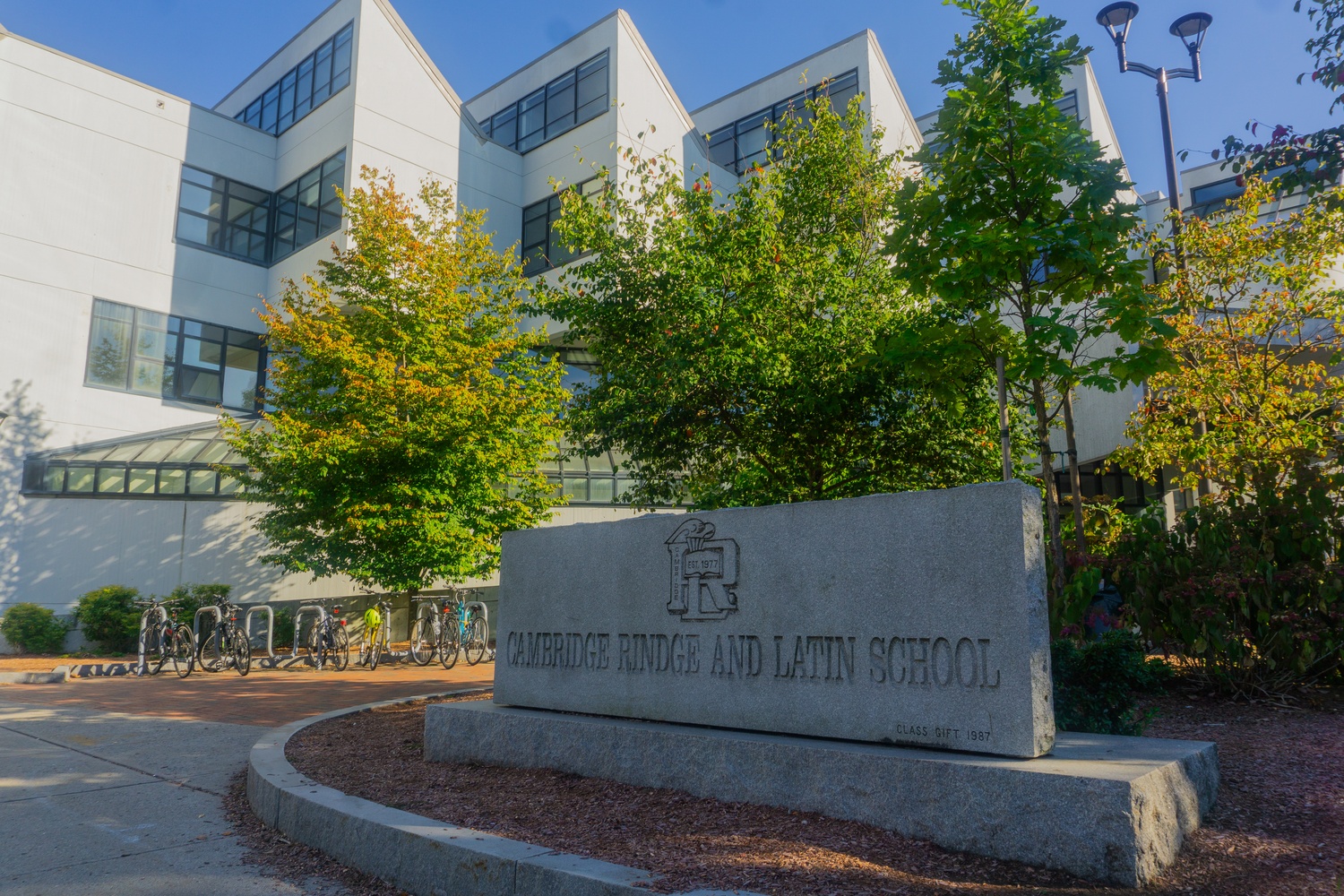
Luisa de Paula Santos
Full profile →CPS should prepare every student for the challenge of Algebra 1 by investing in universal, high-quality math instruction in earlier grades, including robust tutoring, hands-on math labs, and dedicated support for students who need it, ensuring the foundation is laid for all. The goal should be universal readiness, not a universal mandate that sets up students to fail without the proper foundation; we must first guarantee the resources and teaching supports for true equity, making the question of a mandate a secondary one.
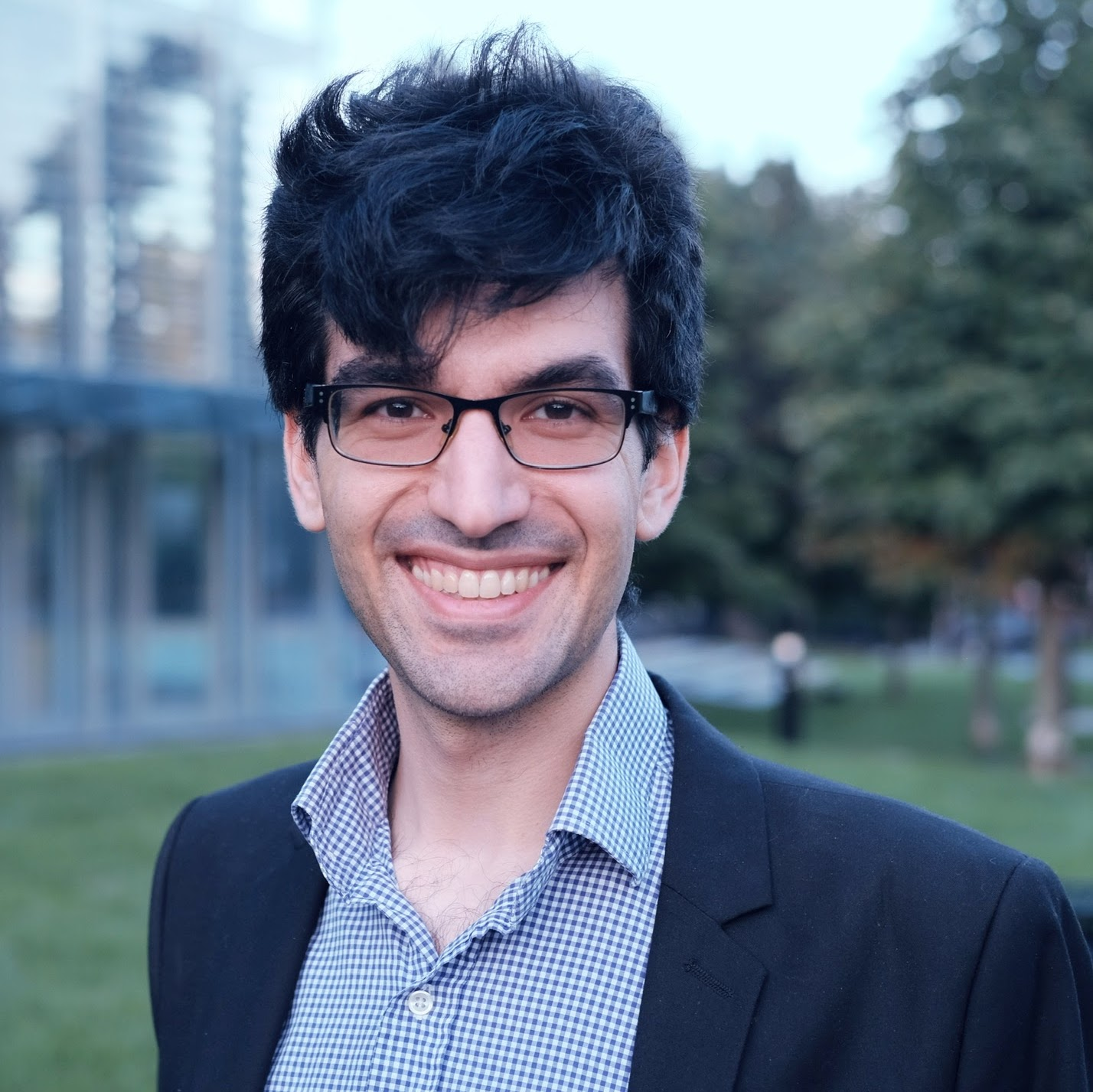
Alborz Bejnood
Full profile →Increasing available resources, for which the lowest hanging fruit is recruiting and matching high school and college volunteer tutors. The second priority is focusing on the problem solving aspect rather than rote memorization of formulae.
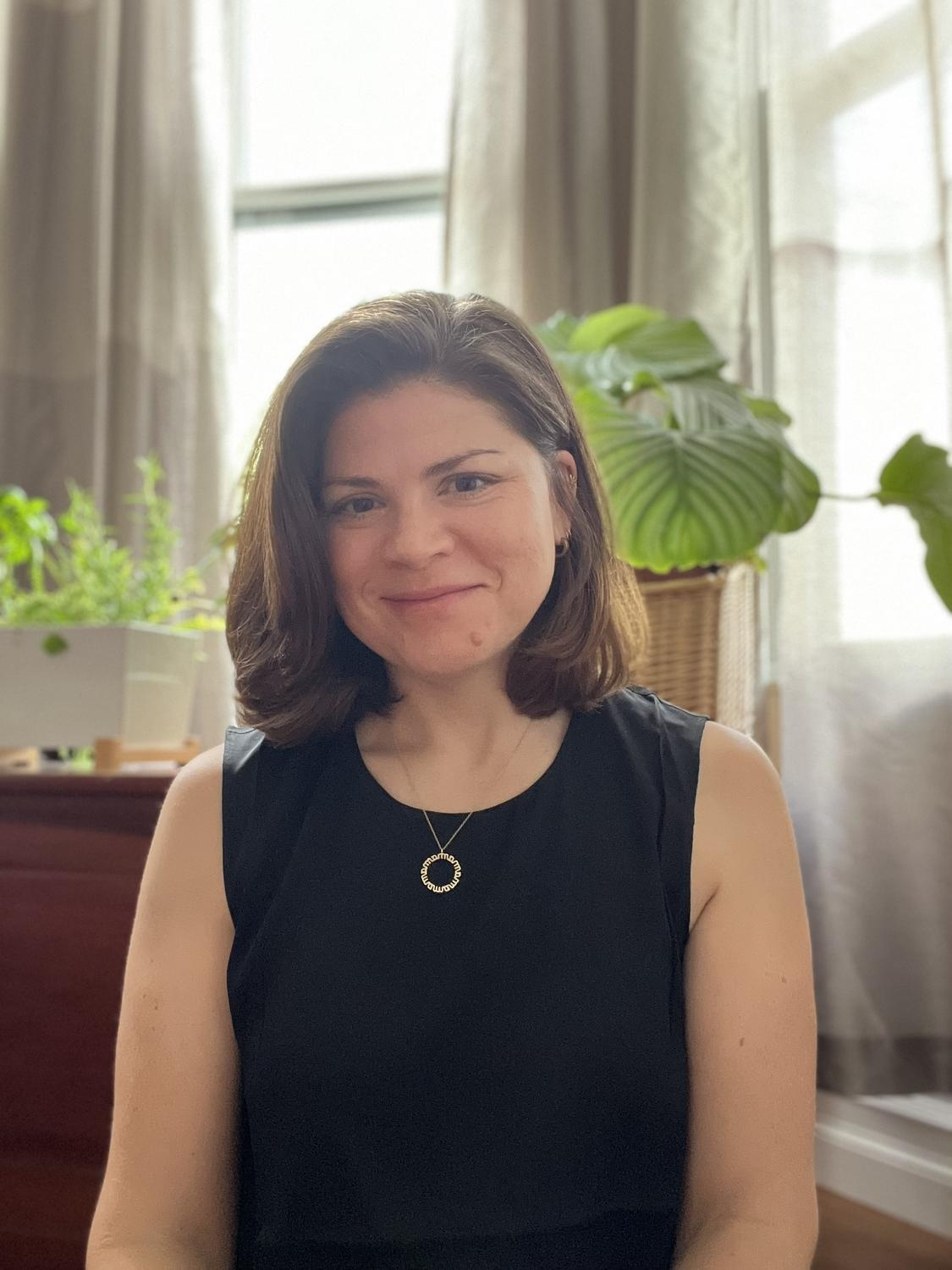
Jessica Goetz
Full profile →The Illustrative Math curriculum includes algebraic thinking starting early in Elementary School. I believe it is more important to solidify and strengthen algebraic concepts than it is to prepare students specifically for the course called, "Algebra 1". However, the School Committee has already made this decision; it seems prudent to continuously track the data and educator feedback so that any changes are rooted in evidence and experience, not opinion.
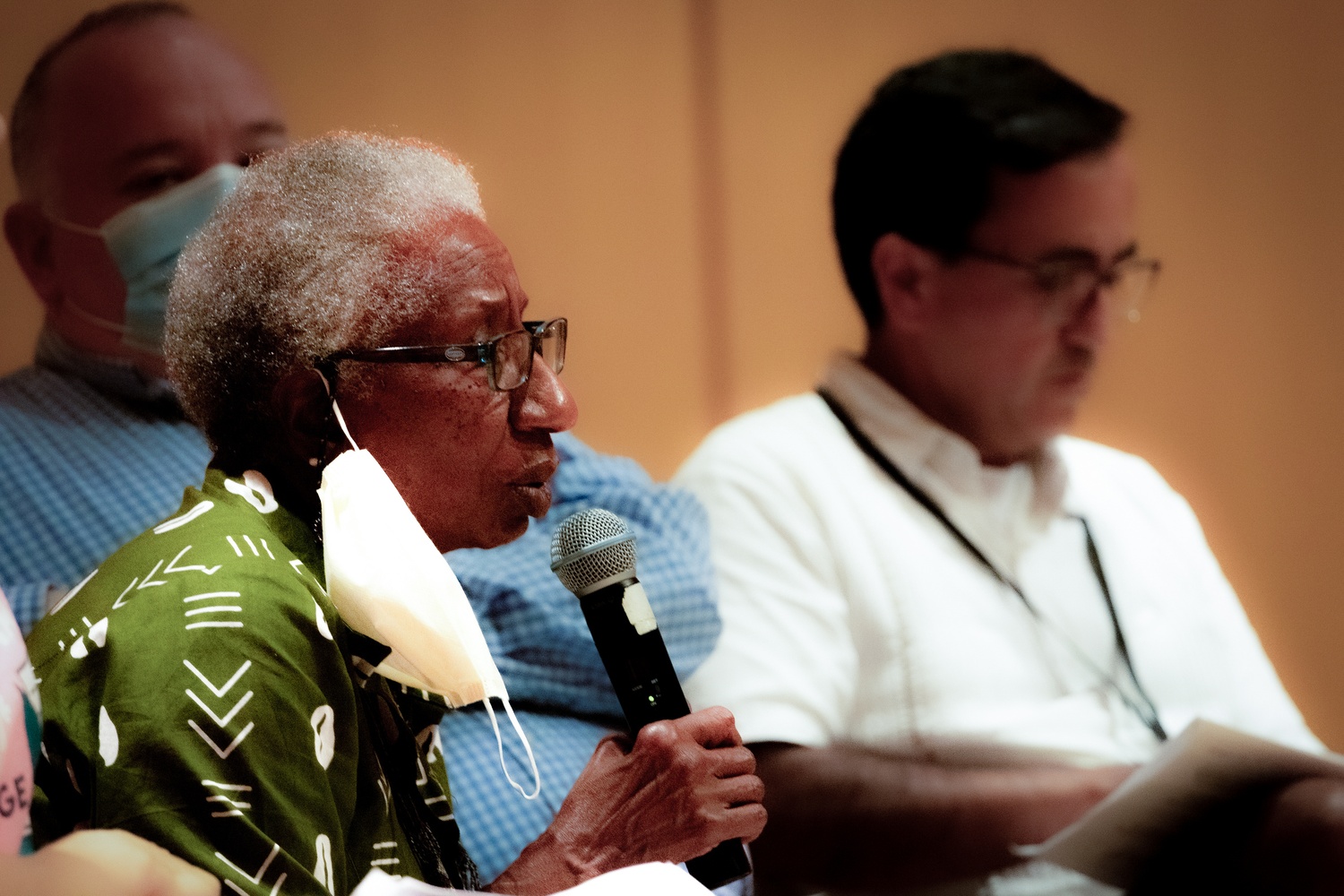
Caroline M.L. Hunter
Full profile →The preparation for Algebra begins with a solid foundation in the principles of basic math in our early grades. The Concerned Black Staff Report, 1986-87 (I'm co-author) on disparate achievement at CRLS, recommended Albegra 1 in the 8th grade and that CPS hire math specialists to teach math in the early grades. The Algebra 1 recommendation was adopted in the 8th grade, but the rationale and recommendation for math specialists to teach math was not.
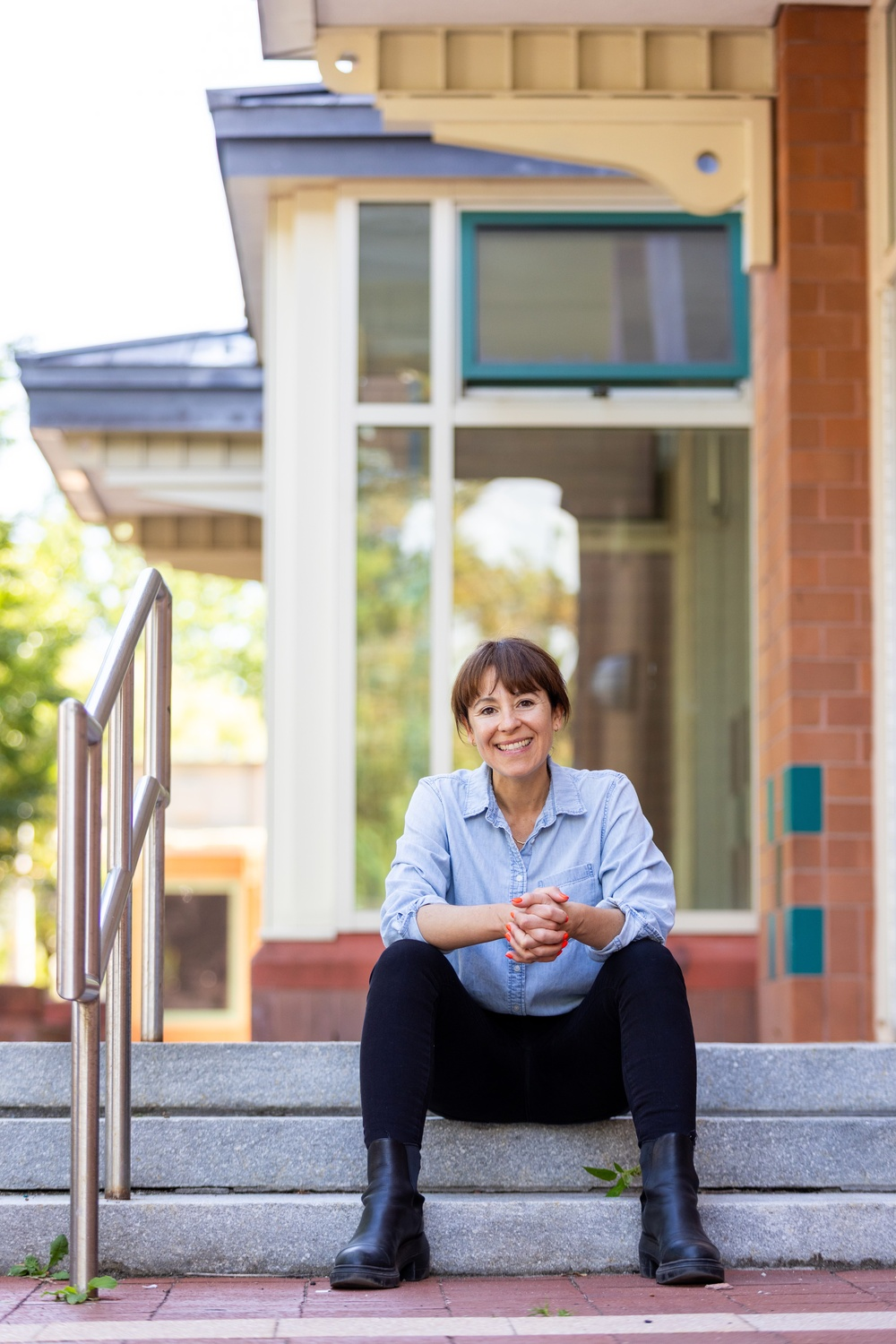
Caitlin E. Dube
Full profile →CPS should prepare students for Algebra in 8th grade (or whenever they’re ready) by providing engaging, hands-on math instruction that builds deep mathematical thinking. CPS should continue investing in teacher professional learning to support differentiated instruction, expand enrichment and intervention for all learners, and ensure every student is challenged and supported at their just-right level (in every subject). This approach is strengthened through interdisciplinary learning; connecting math to engineering, art, science, and the humanities, and by organizing the school day so there’s dedicated time for all students to learn at their own pace and depth.
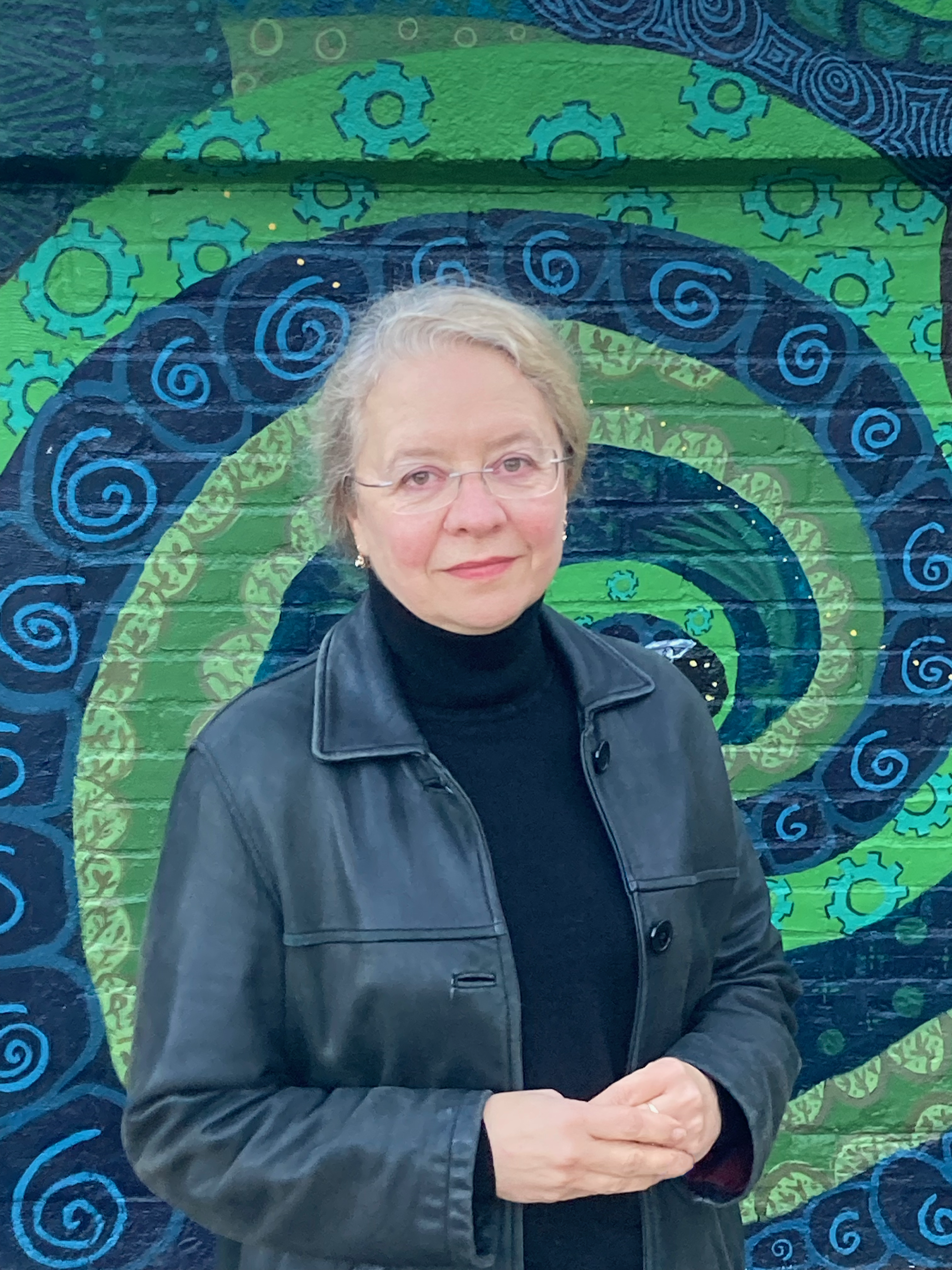
Alexandria G. Bowers
Full profile →Math instruction needs to be structured to ensure that students understand basic concepts, complimented by a creative energy so that they enjoy learning and applying their knowledge. Students need to be monitored closely starting in the early elementary years to ensure that they master foundation principles, and build on those principles to master more advanced concepts. Educators need the time and specialized training to teach students well, and combined with tutoring or math-centered activities, students will be on track to master Algebra I in 8th grade.

LaQueen A. Battle
Full profile →Ensuring that they receive the proper training at home and allowing parents/caregivers to be encouraged to participate in the curriculum with both administrators and teachers for their child’s learning
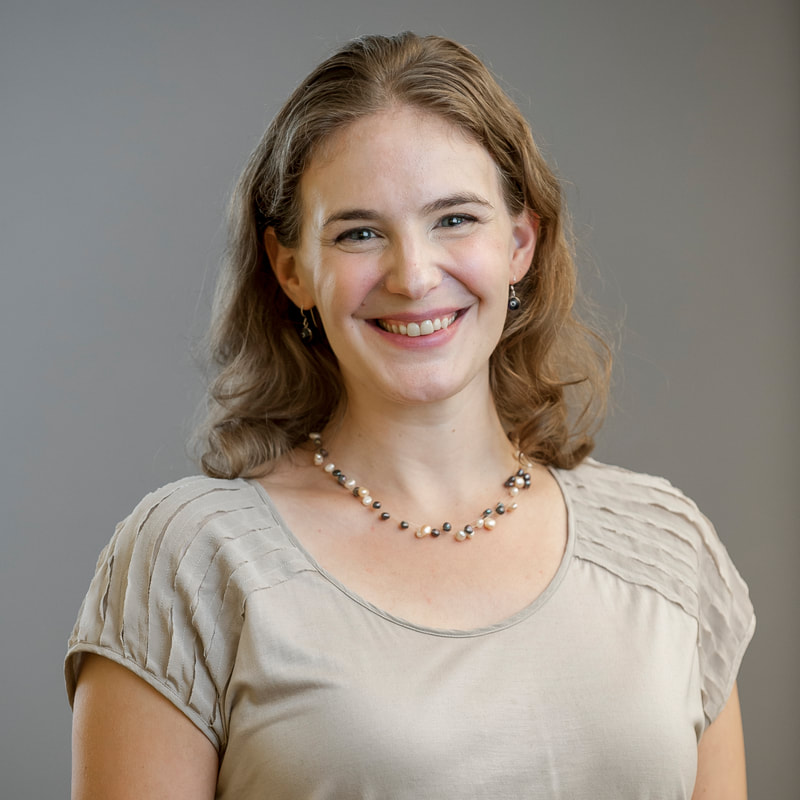
Eugenia B. Schraa Huh
Full profile →First, consult with math teachers in elementary, middle, and high school. Long-term: shore up elementary math, which isn't cutting it. Short-term: intensive supports for any student behind in math. Always: celebrate excellence - let advanced students learn at their level. Algebra must be on offer in 8th grade; CPS should get to the place where it's the requirement (but isn't there yet).
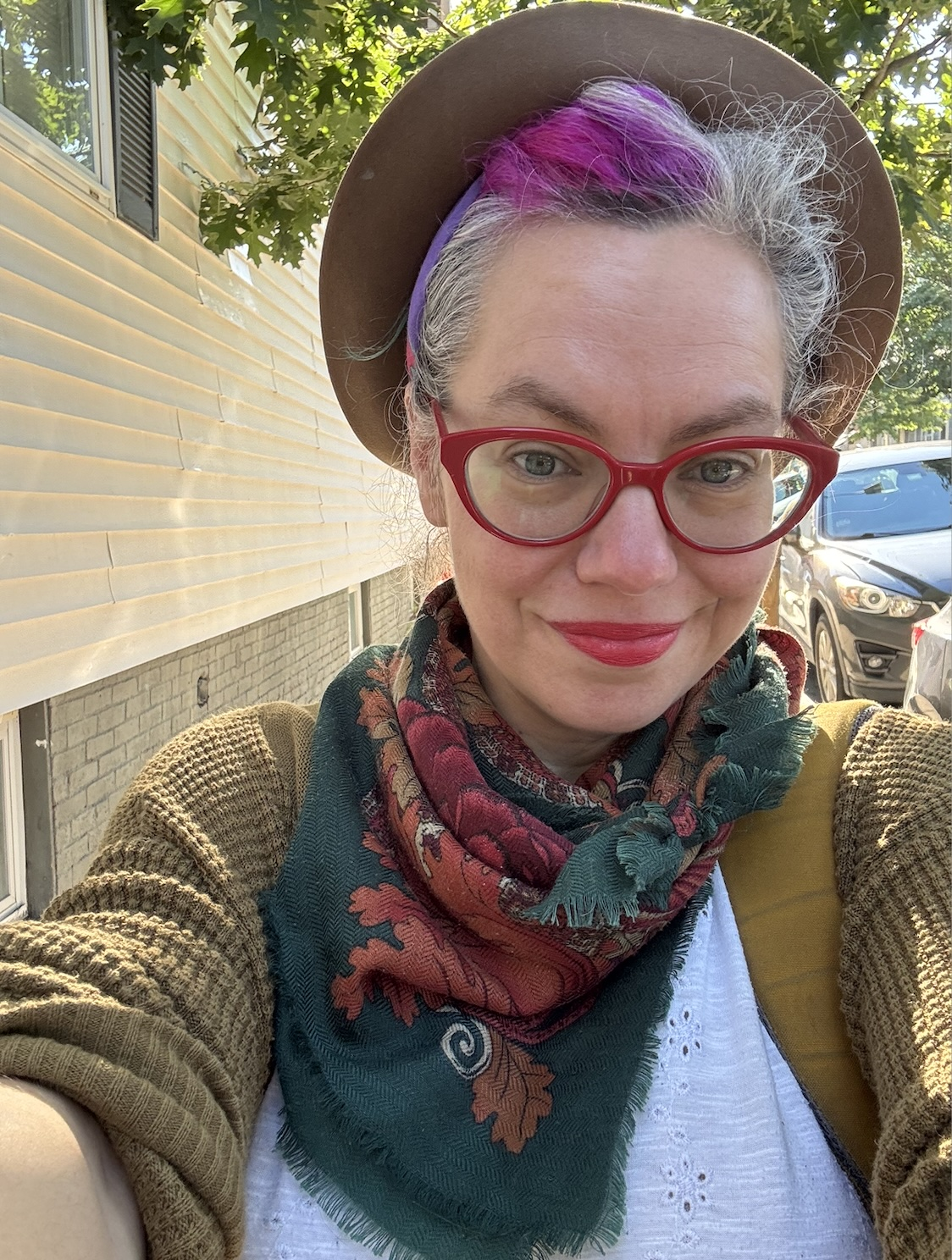
Anne M. Coburn
Full profile →Gaps in math learning appear as early as preschool. Cambridge should continue to invest in early years education. We should recognize that math learning can’t happen when kids are hungry, or feel insecure in their basic needs. We may need more social workers to ensure that kids are actually coming to school.
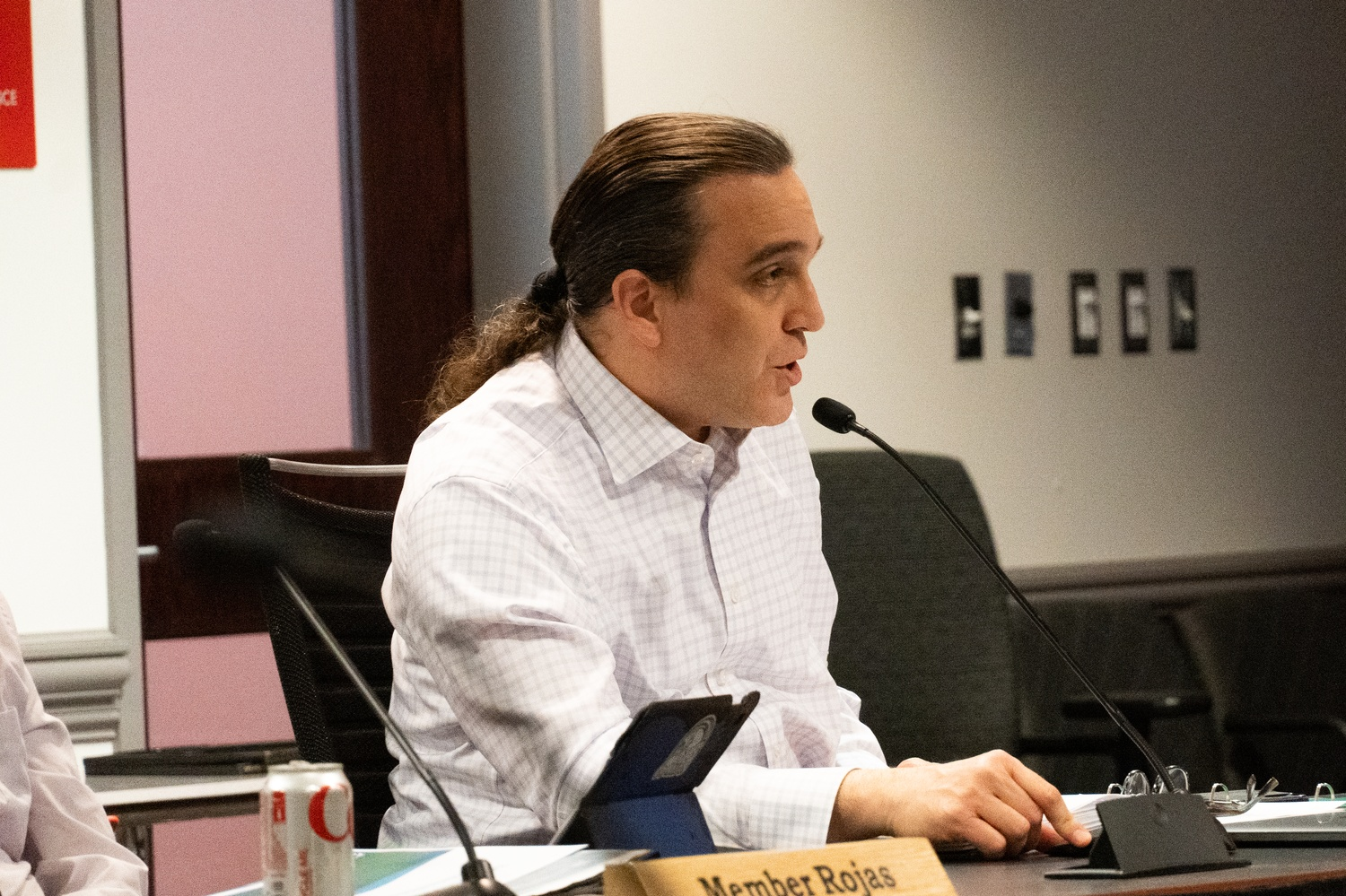
David J. Weinstein
Full profile →Our new K-12 math curriculum is designed to support 8th grade Algebra 1. We must assess – is it closing opportunity gaps as intended or perpetuating inequities? – and adjust pacing and support. I support our teachers’ work with Kentaro Iwasaki on “complex instruction” which supports all students to succeed by “...examin[ing] status and power dynamics in a classroom around race and gender and socioeconomic status, language, and just how status shows up in a classroom and how that gets in the way of student learning and engagement” (Dr. Iwasaki). We must ensure curriculum and instruction don’t leave anyone behind.
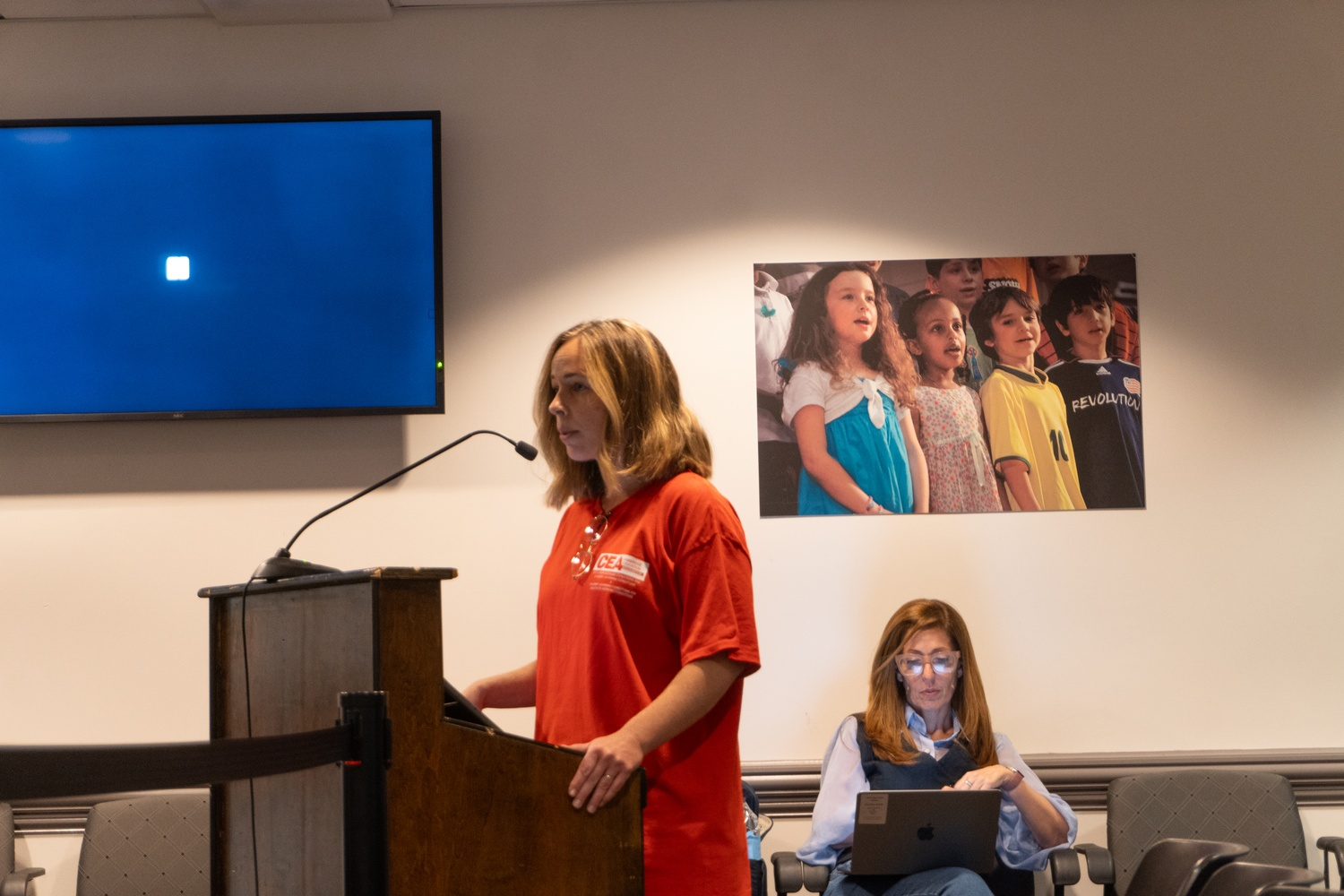
Lilly Havstad
Full profile →With a strong foundation in math literacy through their k-7th grade learning. My understanding is, as both a parent to a 3rd grader and as a School Committee candidate speaking to a wide array of folks around the district about the K-12 math curricula and its history, that we are teaching Algebraic concepts starting very early on. That's to say that I think we need to update our collective understanding of what the current curriculum offers, the sequencing, and what must change to better prepare our students for 8th grade Algebra 1.
Should Algebra 1 be a mandatory requirement for 8th graders?

Jane S. Hirschi
Full profile →Answer: Yes

Jia-Jing Lee
Full profile →Answer: No

Arjun K. Jaikumar
Full profile →Answer: No

Elizabeth C.P. Hudson
Full profile →Answer: No

Luisa de Paula Santos
Full profile →Answer: No

Alborz Bejnood
Full profile →Answer: No

Jessica Goetz
Full profile →Answer: No

Caroline M.L. Hunter
Full profile →Answer: No

Caitlin E. Dube
Full profile →Answer: No

Alexandria G. Bowers
Full profile →Answer: Yes

LaQueen A. Battle
Full profile →Answer: Yes

Eugenia B. Schraa Huh
Full profile →Answer: No

Anne M. Coburn
Full profile →Answer: No

David J. Weinstein
Full profile →Answer: No

Lilly Havstad
Full profile →Answer: No
